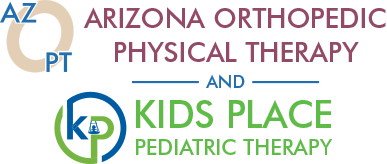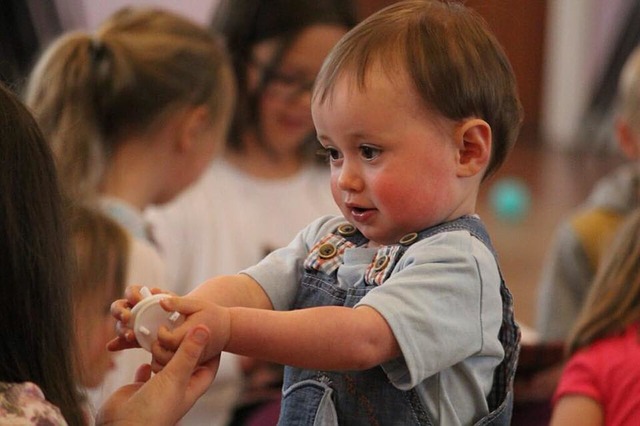Encouraging Early Developing Social Language Skills
Kids Place Pediatric Speech Language Pathologist
“Pragmatic language” refers to how we interact with others in a socially appropriate manner. It not only includes what we say but also nonverbal cues, such as the tone of voice we use, facial expressions and body language. Social language skills begin developing early and are imperative to a child’s overall ability to communicate functionally with others, especially with their peers.
Typically developing children will not all develop social skills exactly the same. Some kids may have a more social personality or have more practice communicating and playing with peers (from preschool, a large family, etc.). Other children may have less practice communicating with their peers, especially if they are at home with adults most of the time. If you have concerns, a speech/language therapy evaluation can determine if your child’s social and pragmatic language skills are on the right track or atypical/delayed.
Although not all children will develop exactly the same, these are several social language milestones throughout the preschool years to keep in mind:
By Age 2:
- Makes frequent eye contact, especially during communication exchanges.
- Participates in reciprocal play with another person for at least a minute (e.g. rolling a ball back and forth).
- Uses ritual words, “hi/bye.”
By Age 3:
- Uses “please” and “thank you” with reminders.
- Carries on “conversations” with self and dolls.
- Begins to control behavior verbally, rather than physically (e.g., uses words like “no” with peers, rather than hitting/pushing).
- Faces communication partner while speaking.
- Claims items as their own.
By Age 4:
- Takes turns without reminders.
- Expresses ideas and feelings.
- Shares toys.
- Begins cooperative play.
- Asks to use others’ toys/belongings.
By Age 5:
- Indicates feeling sorry.
- Typically prefers playing with peers, than alone.
- Likes competitive games.
To encourage a child’s social and pragmatic skills, offer as many opportunities as possible for peer interaction and play. Even 2-year-olds are able to play briefly in small groups of children, especially with some adult direction.
Provide as much face-to-face interaction and play with your child as possible throughout the day.
Playing games such as “pat-a-cake” or reading together provides opportunities for functional language development, rather than activities such as the iPad or watching TV/movies, in which your child is not functionally communicating or developing social skills.
Begin modeling and encouraging turn-taking early.
Babies can “take turns” vocally or with clapping. Toddlers can “take turns” in “peek-a-boo” or rolling a ball back and forth. Older preschoolers can begin playing simple turn-taking board games or games with toys. Encourage eye contact or words to request turns and appropriate personal space when in a group.
Model appropriate social language.
Your child is most likely spending most of their day with you, their parent. So, model appropriate language, such as “please/thank you” and nonverbal cues, such as eye contact, so your child can learn from a good model!







